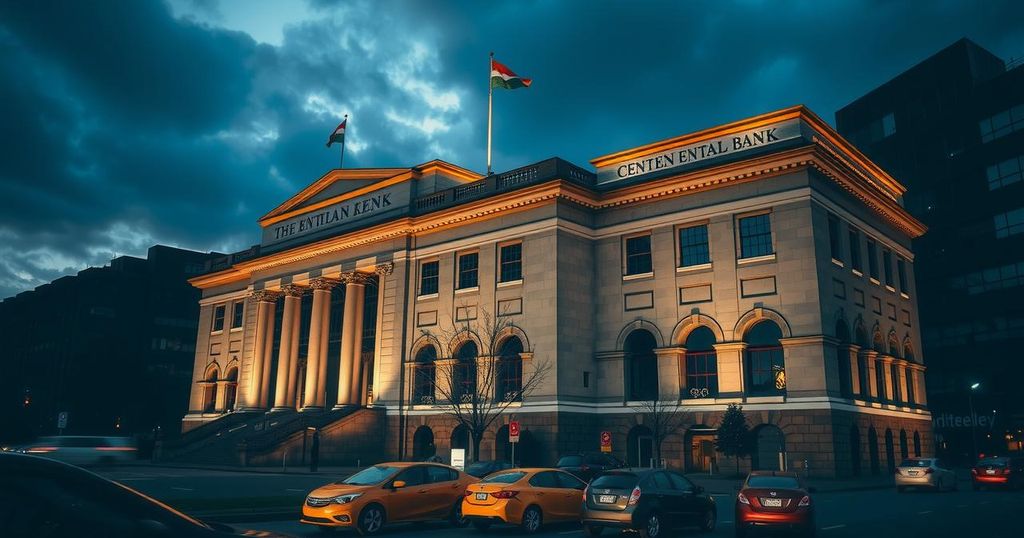Business
Climate change
economics
AFRICA, CENTRAL BANK, CLIMATE CHANGE, CLIMATE RESILIENCE, DANNY BRADLOW, FUND, FUNDI TSHAZIBANA, INTERNATIONAL COOPERATION, NETWORK FOR GREENING OF THE FINANCIAL SYSTEM, PARIS AGREEMENT, PR, PRUDENTIAL AUTHORITY, RENEWABLE ENERGY, RESERVE BANK, SOUTH AFRICA, SOUTH AFRICAN RESERVE BANK
Isaac Bennett
0 Comments
The Role of the South African Reserve Bank in Managing Climate-Related Economic Risks
The South African Reserve Bank is addressing the economic implications of climate change through risk assessment and operational greening. Its three-pronged strategy includes analyzing climate impacts on financial stability, integrating climate risks in financial operations, and promoting sustainable practices within the bank. Though climate policy is not its direct responsibility, the bank recognizes the significance of climate-related risks and has initiated stress tests incorporating these factors to enhance systemic resilience.
Climate change significantly impacts economic and social structures, influencing the stability of financial systems. The South African Reserve Bank commits to managing these climate-related risks through three key actions: proactive consideration of climate risks in financial institutions, an analysis of climate impacts on inflation and stability, and greening its operational practices. Danny Bradlow’s interview with Deputy Governor Fundi Tshazibana reveals that while environmental sustainability is not the central bank’s primary mandate, stable macroeconomic conditions foster investments in sustainability.
The Reserve Bank acknowledges that climate-related risks, including agricultural production costs and insurance premiums, influence inflation and overall price stability. Moreover, the bank’s mission statement recognizes economic risks posed by climate change, including effects on price and financial stability. Although climate policy does not fall within the Reserve Bank’s direct responsibilities, the institution employs analytical tools to assess climate risks and their implications for the economy, commonly observed during droughts that inflate food prices.
The intersection of climate change and economics presents a growing challenge for central banking institutions. As custodians of financial stability, central banks must adapt to the implications of environmental shifts that threaten economic structures. The South African Reserve Bank is actively addressing these challenges, understanding that climate change can disrupt inflation rates and financial stability. Its approach is framed by a constitutional mandate that emphasizes price stability while recognizing the indirect effects of environmental degradation on economic performance and investor confidence.
The South African Reserve Bank is proactively integrating climate risk considerations into its operations and oversight mechanisms. Though its primary focus is on price stability, the central bank acknowledges the broader economic implications of climate change. The Reserve Bank’s analytical work and stress testing underscore the importance of understanding climate-related risks, demonstrating a commitment to fostering resilience within the financial system. Collaborative efforts across various government departments will be essential to effectively navigate the complexities of the green transition and its macroeconomic impact.
Original Source: theconversation.com




Post Comment